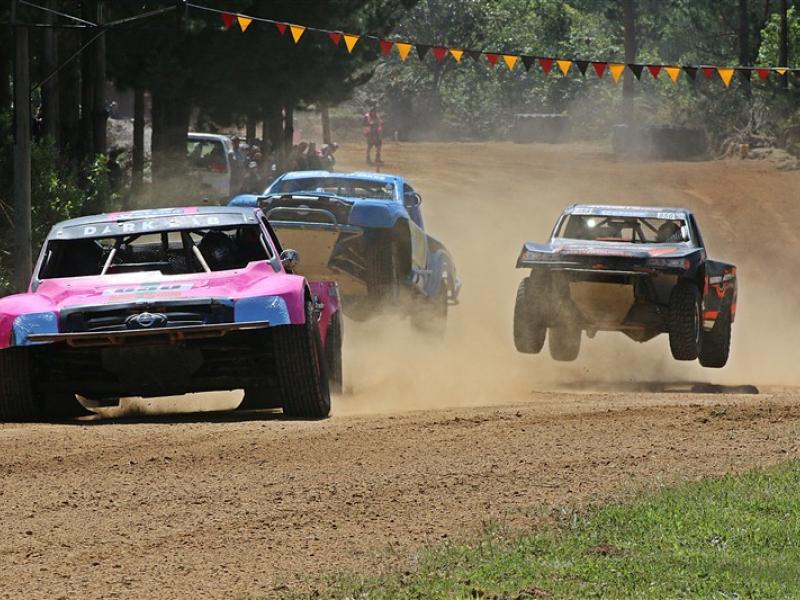|
The major issue facing battery specialists today is fitness for application. This is as much as a challenge for automotive as for commercial vehicle applications. CenturyYuasa National Sales manager Ward Lye says fitting a battery may seem a simple enough task, but picking a battery to fit the available tray is by far not the qualifying factor. The varied technology that vehicle and battery manufacturers use presents the technician with a lot of pitfalls when choosing a battery. “Issues like alternator voltage outputs, the effect the output has on battery gassing rates, and whether lead calcium or lead antimony alloy batteries are appropriate are all relevant,” he says. In addition, some distributors have confused this issue by citing vehicle year of manufacture as the determining factor, which may mislead resellers into fitting incorrect batteries. Lye explains technicians must note alternator voltage outputs typically fit into one of three categories, low, standard, and high. This drives battery suitability. Antimonial batteries suit the low output, while medium output alternators can be matched to all battery technologies provided little or no cycling is applied. This will however result in slightly higher gassing rates with the antimonial batteries, consequently requiring water checks and top ups. Calcium and Silver Calcium batteries can also be used with medium output alternators as there is sufficient difference between the alternator potential and the battery potential to allow full charge, provided the vehicle use does not cycle the battery onerously. If the latter occurs, the recharge time will be extended and a battery specialist’s expertise will be vital in making the correct decision based on the application. High output alternators must only use maintenance free batteries - Calcium or Silver Calcium lead alloys - as the potential value at which gassing occurs in these batteries are higher. An antimonial battery in this application will gas vigorously, consume excessive water, and will undergo severe positive plate corrosion resulting in shortened battery life. Lifespan is another issue that has surfaced in the commercial battery sector since lead calcium batteries have come into general use the past five years. “The issue isn’t one of cold cranking performance; it’s relative to some commercial applications where a heavy cycling requirement from the starting battery is common. Since the cycling of these batteries affects positive grid structure, resulting loss of the active material from within the plate results in lower current flow to a point where the battery will no longer crank the engine as initially specified. “A single deeper discharge can also drop the battery voltage to a level where starting is not possible. While the battery is often labelled as being faulty in this situation, it’s actually abuse of the cranking battery causing the issue,” he says. |
The team at North Harbour Auto Air and Electrical from left, Greg Louis, Andrew Williams, and Stef Clarke. Louis has been stocking Century Yuasa the past decade and says he is very satisfied with both the product quality and backup service. According to Lye, from a battery design perspective the best way to help guard against this type of abuse is to specify a robust battery containing thicker positive plates and preferably employing an antimonial lead alloy. He says the antimonial lead alloy’s hardness compared to that of lead calcium alloy will assist in resisting the corrosive effects of cycling for longer. “Again, the expertise of a battery specialist is required to determine the nuances of the vehicle’s application and the symptoms of the old battery’s death, in order to accurately specify the need to move to a differing battery technology, thereby giving the best possible life,” he says. CenturyYuasa has invested more than two hundred hours in technical training sessions with its customer base the past two years to ensure its team remains on the cutting edge of technological advances. It has also trained several MTA and Coastguard NZ industry groups about battery technology, which, in the words of CenturyYuasa General Manager Stu Stanners, is “...something we’re very proud of.” |





